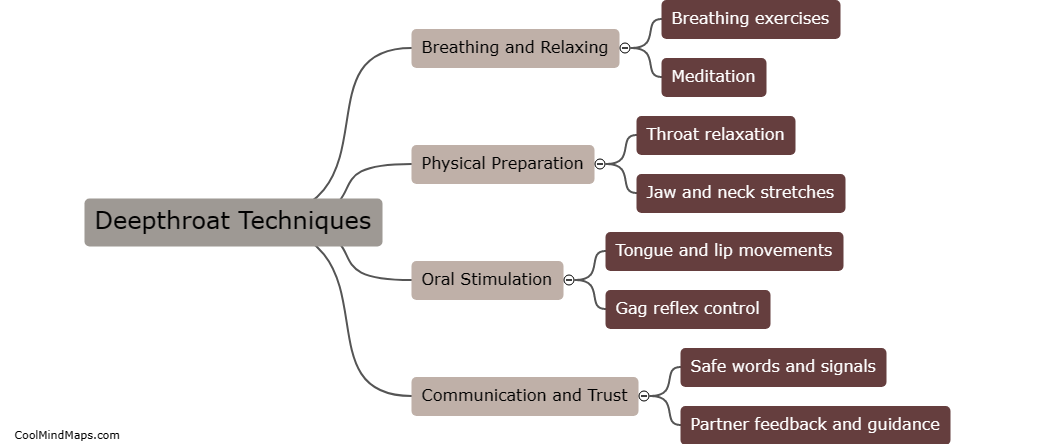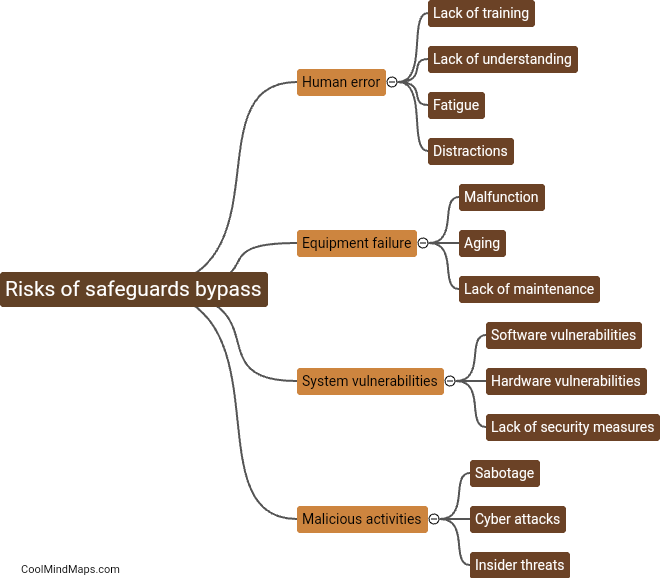How does blockchain technology address these barriers?
Blockchain technology addresses many of the barriers faced in traditional systems by offering a decentralized, transparent, and secure environment. Firstly, blockchain eliminates the need for intermediaries such as banks or payment processors, enabling peer-to-peer transactions and reducing costs associated with third-party involvement. Additionally, its decentralized nature ensures that there is no single point of failure and that no single entity controls the entire system, making it highly resistant to manipulation or hacking. The transparent nature of blockchain allows all participants to view and verify transactions, fostering trust among users and minimizing fraud. Moreover, the immutability of blockchain records ensures that data cannot be altered or tampered with, enhancing security and reducing the risk of data breaches. Overall, these features make blockchain an ideal technology for addressing the barriers found in various industries, including finance, supply chain management, and healthcare.

This mind map was published on 5 December 2023 and has been viewed 45 times.











